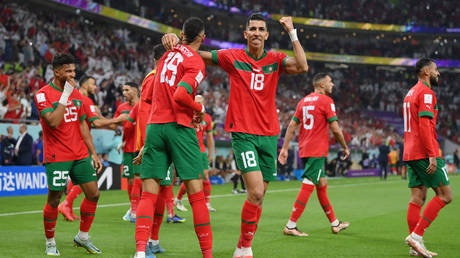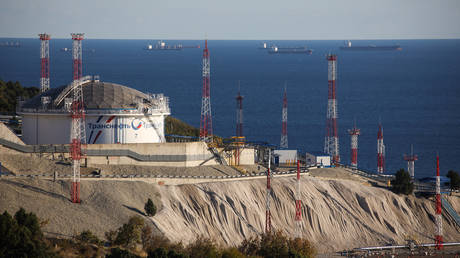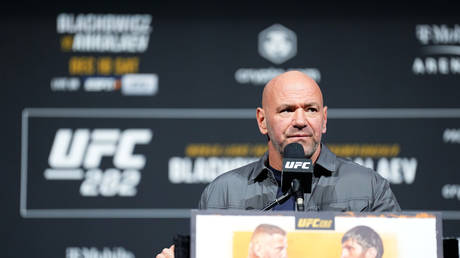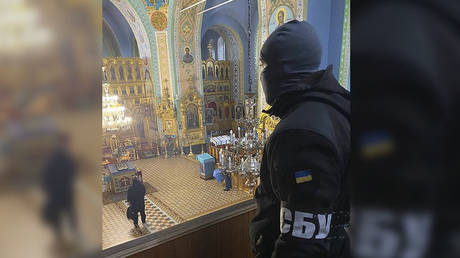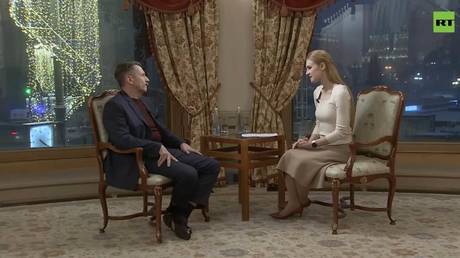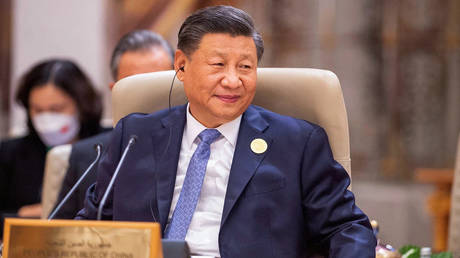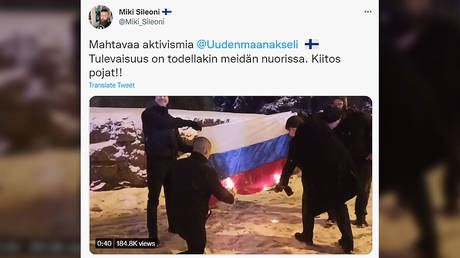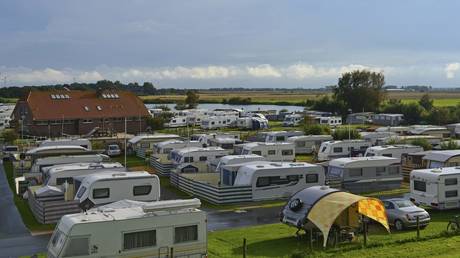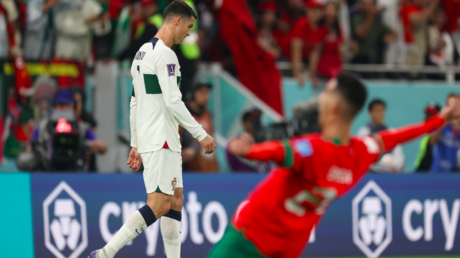Country in mourning after Covid kills Olympic champ
Hungarian Prime Minister Viktor Orban has mourned vaccinated Olympic gymnastics champion Szilveszter Csollany after his death from Covid Read Full Article at RT.com
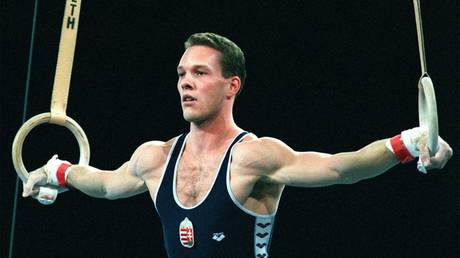
The national hero had been on a ventilator in hospital and kept alive by an iron lung
Hungarian Prime Minister Viktor Orban has been among those offering tributes after Szilveszter Csollany, the 2000 Sydney Olympics rings champion, died at the age of 51 following a battle with Covid in hospital lasting more than a month.
Sports fans, friends and former coaches of the 2002 world champion had been praying for Csollany's recovery since his admission to an intensive care unit on December 3 2021, having reportedly received one dose of a vaccine two weeks earlier.
Doctors used a ventilator and an iron lung but were unable to save Csollany, causing head of state Orban to write: “God be with you, champion."
The whole country was cheering for Szilveszter Csollány on that autumn day in 2000. Everybody remembers his exercise so well which earned him the Olympic gold medal. He was the king of rings and won everything in those years. RIP champion ???????? pic.twitter.com/Spb3S8PqPV
— boribon (@Cosmos941207) January 24, 2022
Csollany had publicly declared his skepticism about vaccines, using a post on Facebook to share an article that appeared to liken the promise that vaccines would "free" people to the Nazis' infamous message about working in concentration camps.
In August 2021, Csollany shared a post from another user which said: "I just want to understand. I'm not against or in favor of vaccination... the information they give is nonsense.
"If only [we were] told: 'The vaccine protects you and if everyone gets it, it’s the end of the coronavirus.'
"But that's not what they say . Even if there is a vaccine, you can get the [virus] and give it to others."
Professional kickboxer Zsolt Moradi was among those desperate for news after Csollany was transfered to the Koranyi Hospital in Budapest.
“I am the luckiest person. You could not have known. You’re not the kind of man who has ever overestimated himself, even though I always told you when we met how much you mean to me," said Moradi in his tribute.
"I still remember only a few events today that have defined my life since then. One of these was your legendary Sydney final, when I crouched at the age of 12 in my parents' bedroom.
"I’m sure I couldn’t have completed my sporting career without the experience because that day you convinced me that anything is possible is not impossible for Hungarian athletes.
"You were already there with me but you didn't even know about it. Many, many years later, life brought me to meet you in person and I was so lucky to be able to be with you on a team for a common goal.
"It was an honor. I wish we could listen to your stories for the evening every night. We'd love it now, you know?
"You couldn’t really know how immeasurably positive the impact you had on the lives of generations – but how could you have known?"
Having established himself as a promising teenage prospect in his homeland, Csollany won his first medal at the 1988 European Youth Championships in Avignon.
His first adult honor came at the 1990 European Championships in Lausanne, where he won bronze.
In 1992, when he also finished sixth at the Barcelona Games, Csollany took silver at the World Cup in Paris – a resulted he repeated at the Atlanta Olympics.
"I could write a lot now but I don't want to," said martial artist Gergely Csibi. "You'll be cruelly missed and, wherever you are, I hope you know we love you."
Three-time world champion and six-time European champion gymnast Krisztian Berki said he had also been inspired as a child by watching Csollany win Olympic gold, adding that the triumph felt "like yesterday".
"I'm shocked by the news – I haven't been able to recover since then," he told Nemzeti.
"[He] was my big role model; the Olympic gold medal made me realize that maybe I could be one of the best.
"I was 15 at the time and two years later we were able to take the podium together [with] the Hungarian national team at the World Championships in Debrecen."
Csollany worked in the hospitality industry and as a coach following his retirement in 2003, according to Blikk.
He was awarded the Golden Cross of Merit of Hungary in 1996 and the Officer's Cross of the Order of Merit and the 2000.







